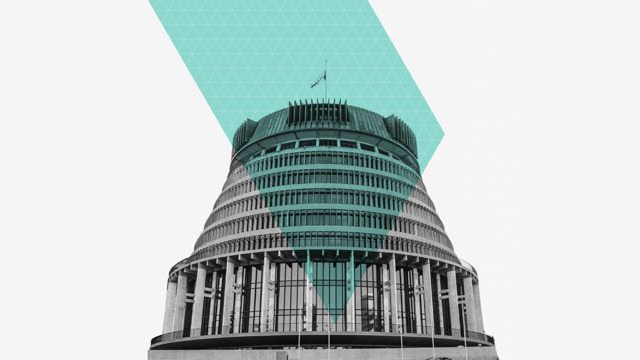The Online Casino Gambling Bill (Bill) was introduced into Parliament this week. This Bill would establish the Government's long signalled licencing regime for online casino gambling in New Zealand. Online casino gambling operators (including those based offshore) will be prohibited from operating or advertising in New Zealand without a licence. As New Zealand currently has no regulatory regime for online casino operators (it is illegal unless conducted entirely offshore), the Bill intends to move towards a safer and compliant regulated online casino gambling market in New Zealand.
Key elements of the Bill
Licencing Process
The Bill provides for up to 15 licences to conduct online casino gambling to be issued initially by the Secretary for Internal Affairs (Secretary). These non-transferrable licences would be time-limited up to three years and would include one right of renewal of up to five years.
The licences will be issued via a three-stage application process, which involves:
- Stage one – the Secretary may invite expressions of interest for a licence via public notice, and interested parties would have 20 working days to submit their interest along with details about the party, its compliance history, and capital. The Secretary would accept or decline an expression of interest according to specified criteria, including consideration of whether accepting the expression would be likely to prejudice New Zealand’s international reputation with regards to trade or the maintenance of the law.
- Stage two – the Secretary would then invite those with accepted expressions of interest to participate in a competitive process which will determine who may apply for the licence and how much it will cost. The Bill would grant the Secretary the discretion to determine the form of competitive process to be used (e.g. auction or tender) and how the process is to be run.
- Stage three – successful candidates can then apply for a licence, which involves providing information to the Secretary regarding the applicant's strategies relating to advertising and marketing, consumer protection, harm prevention and minimisation, and compliance. The Secretary will grant up to 15 licences based on whether applicant satisfies specified criteria around compliance and suitability. The Secretary must not grant a licence if it would result in the limit of 15 licences being held at any time being exceeded or result in any person having significant influence over more than 3 licences.
Prohibition of unlicenced operators
The Bill provides for all unlicenced online casino gambling in New Zealand to be prohibited by 1 July 2026. However, if an operator that is providing services at the time the Bill comes into force has applied for a licence before 1 July 2026, the prohibition will not apply until their application is determined or 31 December 2026 (whichever comes first). This confirms that while the Government's original intention to have the regime up and running early in 2026 has slipped, the intention is for a short timeframe between establishment of the regulatory framework (likely to be early 2026) and the closing of applications for licences.
Consumer protection and enforcement
Licenced online casino gambling operators would be subject to a variety of obligations, including duties to take all reasonable steps to ensure that users of their online platform are at least 18 years old, to minimise the risk of harm from gambling, and to exclude identified problem gamblers from participating. Only licenced operators will be permitted to advertise their online gambling platforms, and their advertising would be subject to form and content restrictions. Further consumer protection and advertising requirements would be set out in regulations accompanying the Bill.
Various enforcement measures are contained in the Bill for those that breach the prohibitions and duties in the Bill or accompanying regulations, including formal warnings, enforceable undertakings, take-down notices, and pecuniary penalties of up to $300,000 for an individual or up to $5 million for body corporates.
Next steps
The Bill will be set down for its First Reading in Parliament shortly, after which it will be referred to a Select Committee where there will be an opportunity for interested parties to submit on the proposed regulatory framework. The Bill can be expected to pass into law early next year at the latest.
The Department of Internal Affairs is separately progressing the development of regulations to support the Bill once passed, covering matters such as advertising, harm minimisation and consumer protection.



